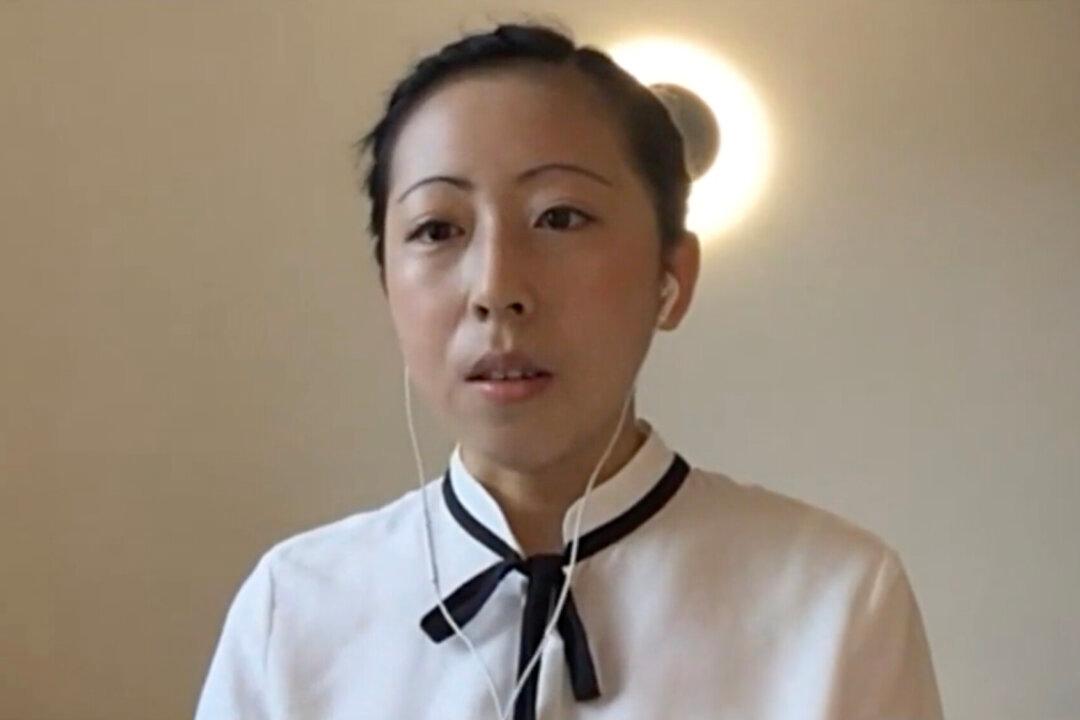LONDON—Confucius Institutes are touted as educational programs imparting Chinese culture and language, but critics say they promote Chinese Communist Party propaganda and exclude those who follow China’s actual traditional beliefs.

Jane Werrell
NTD News International Correspondent and Anchor
|Updated:



